French schools and the scourge of teenage violence
Gabriel Attal announces 'bold' intervention to tackle rise in violent incidents
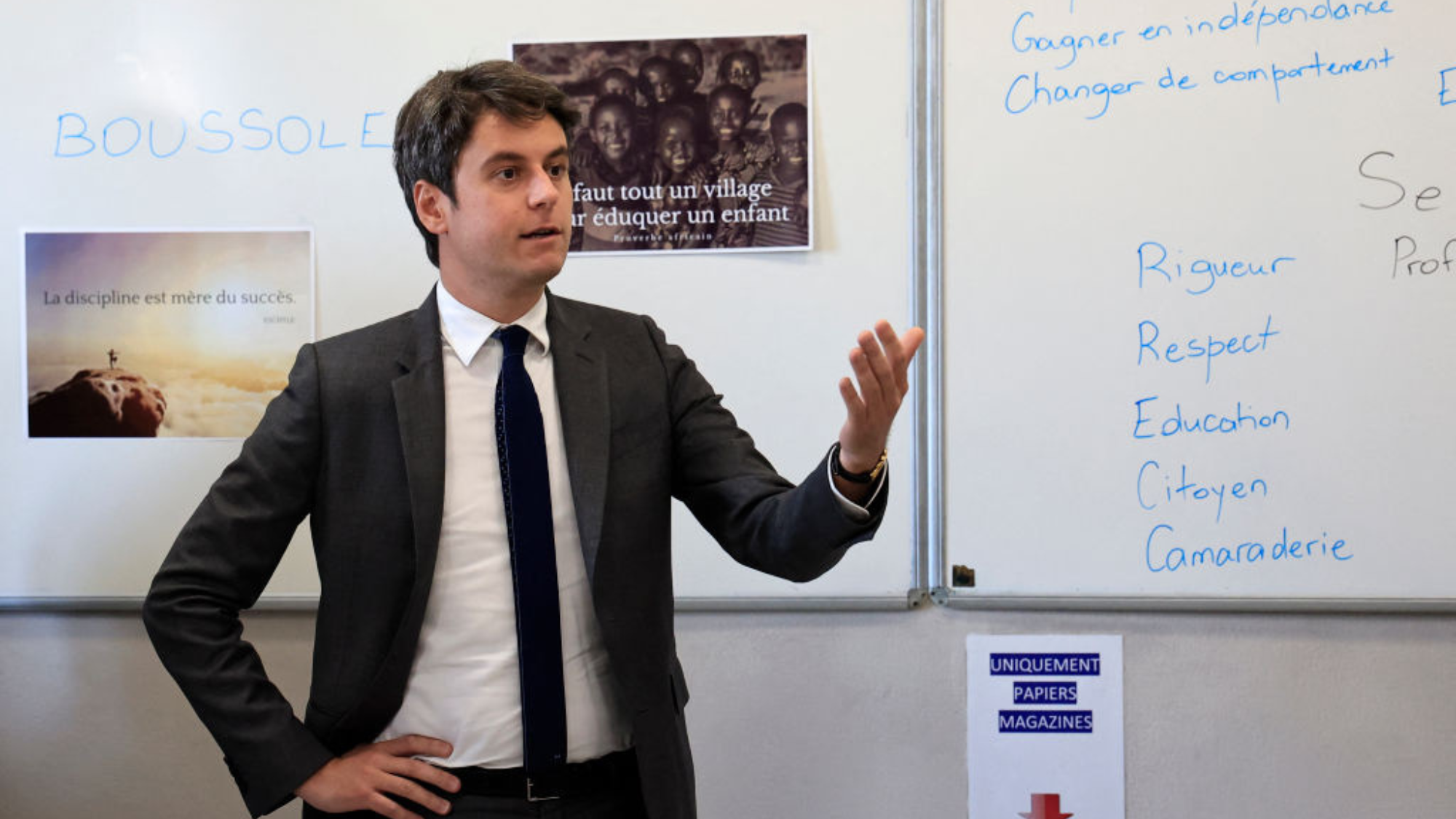
A free daily email with the biggest news stories of the day – and the best features from TheWeek.com
You are now subscribed
Your newsletter sign-up was successful
A 15-year-old boy beaten to death by four teenagers as he walked home from his school in a Paris suburb; a 14-year-old girl left in a coma after a brutal attack by fellow pupils in Montpellier; a 22-year-old man killed by a gang near Dunkirk: just three recent examples of the youth violence epidemic searing France, said Stefan Brändle in Der Standard (Vienna).
And as the perpetrators get younger and younger, the public reaction gets more intense. "The law of the Taliban" now prevails in the French banlieues, is how right-wing extremist Éric Zemmour depicts it. And Macron and his ministers aren't far behind. They regularly lament what they see as the "decivilisation process" afflicting France, the "ensauvagement of society" in the words of the interior minister, Gérald Darmanin.
So the politicians are taking action. We've seen the launch of a mobile security force for schools, and the enforcement of night-time curfews for under-13s in cities such as Nice and Béziers. And now, the prime minister, Gabriel Attal, has gone a step further by announcing a sweeping crackdown on teenage violence in and around schools.
The Week
Escape your echo chamber. Get the facts behind the news, plus analysis from multiple perspectives.

Sign up for The Week's Free Newsletters
From our morning news briefing to a weekly Good News Newsletter, get the best of The Week delivered directly to your inbox.
From our morning news briefing to a weekly Good News Newsletter, get the best of The Week delivered directly to your inbox.
Tough stance needed
His intervention was certainly bold, said Grégoire Poussielgue in Les Echos (Paris). Speaking in Viry-Châtillon, the suburb where the 15-year-old Shemseddine was killed, Attal promised "a surge of authority" to combat the "addiction of some of our adolescents to violence". He vowed that schools will henceforth teach "respect", and said they must establish "a contract of rights and obligations" signed by parents each year, with harsh penalties in the event of non-compliance. Compulsory school hours will be extended, he said. Offenders over the age of 16 should be treated as adults by the criminal justice system, he suggested, and disruptive children sent to boarding school.
Quite right too, said Fatiha Boudjahlat in Le Figaro (Paris). A tough stance is badly needed. The authority of teachers like me is routinely challenged by pupils and their parents, who are all too willing to contest punishments meted out to their children, knowing the cards are stacked in their favour. If a teacher wants to reprimand a pupil for disruptive behaviour, school management first has to summon the family, then wait a minimum of two working days before holding the first interview aimed at clarifying the facts; then wait another two days so parents can prepare their defence and see a lawyer; and then wait yet another two days to impose any sanction against the miscreant – who all the while remains in class, placing a further burden on teachers.
It's all well and good saying that these pupils have rights and should not be excluded from school. But "what of the right of other children to have a peaceful education?"
Politics at play
Hard to argue with that, said Isabelle de Gaulmyn in La Croix (Paris). But is Attal's "stick" – ostracising parents, threatening minors with the prospect of adult trials – really the "magic wand" likely to solve the problem? France's "crisis of authority" stems not only from its schools, but from divisions that have become embedded in society over decades.
A free daily email with the biggest news stories of the day – and the best features from TheWeek.com
And Attal's plans are perverse, said Hélène Devynck in Libération (Paris). How will his proposal to put a black mark on the school record of children found to have misbehaved do anything other than bar them from access to higher education? What on earth makes him think that by paying police to patrol schools, where there simply aren't enough teachers, he will end the cycle of violence?
Let's be clear, politics is at play here, said Victor Goury-Laffont on Politico (Brussels). Anxious about the growing popularity of the far-right Rassemblement National (RN), Attal has stolen themes from the RN's playbook. He's even talked of an "Islamist infiltration" in schools. But his rhetoric has done nothing to lift the popularity of Macron's Renaissance party: with a month to go until European elections, it still trails 12 points in the polls.
And Attal may have handed the RN a further boost, said Le Monde (Paris), by enraging unions and his party's supporters on the Left with all his talk of bringing order to schools. The upcoming elections "could prove very tough for Macron".
-
 Bondi, Democrats clash over Epstein in hearing
Bondi, Democrats clash over Epstein in hearingSpeed Read Attorney General Pam Bondi ignored survivors of convicted sex offender Jeffrey Epstein and demanded that Democrats apologize to Trump
-
 Are Big Tech firms the new tobacco companies?
Are Big Tech firms the new tobacco companies?Today’s Big Question Trial will determine if Meta, YouTube designed addictive products
-
 El Paso airspace closure tied to FAA-Pentagon standoff
El Paso airspace closure tied to FAA-Pentagon standoffSpeed Read The closure in the Texas border city stemmed from disagreements between the Federal Aviation Administration and Pentagon officials over drone-related tests
-
 Death in Minneapolis: a shooting dividing the US
Death in Minneapolis: a shooting dividing the USIn the Spotlight Federal response to Renee Good’s shooting suggest priority is ‘vilifying Trump’s perceived enemies rather than informing the public’
-
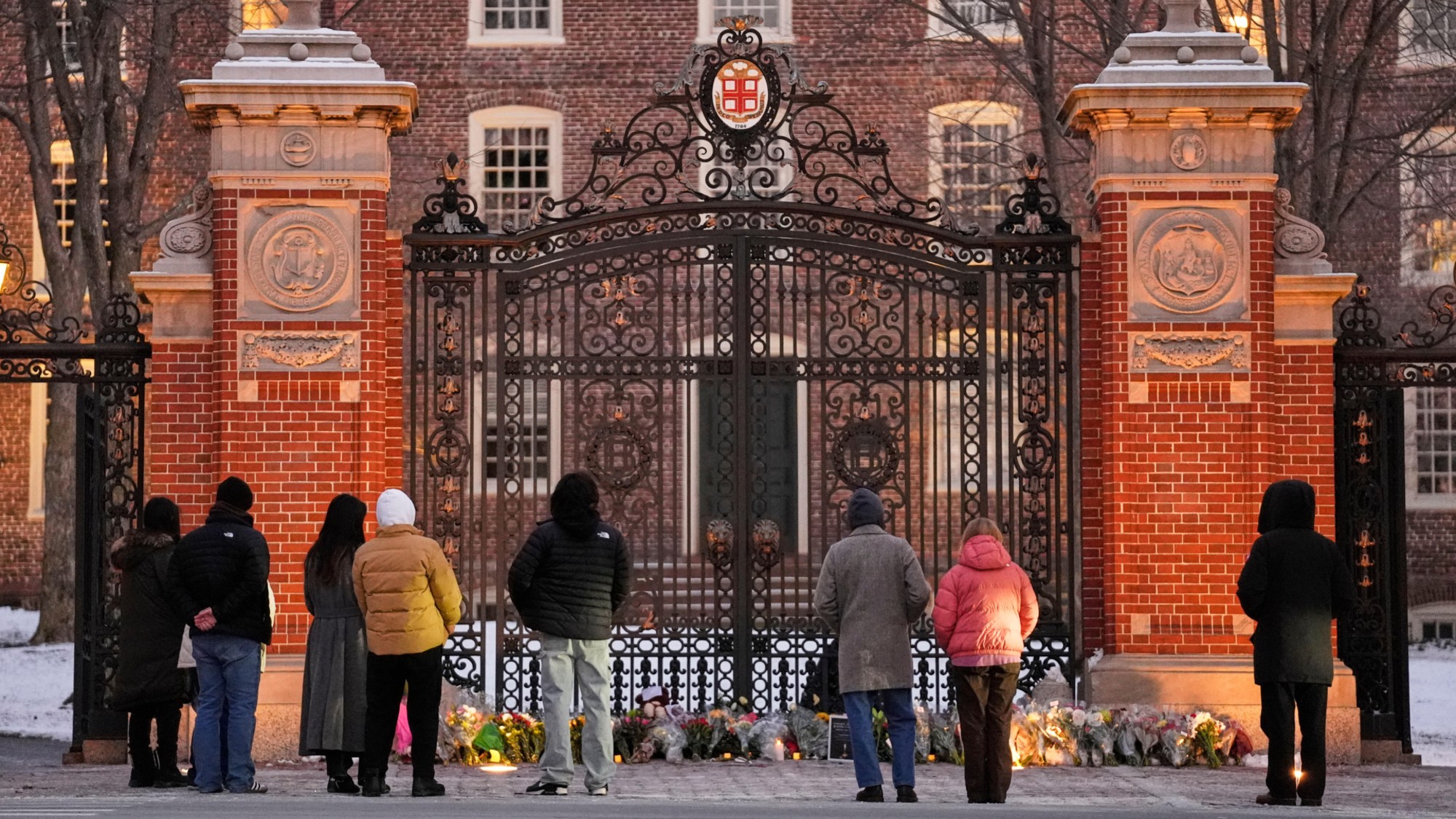 Campus security is under scrutiny again after the Brown shooting
Campus security is under scrutiny again after the Brown shootingTalking Points Questions surround a federal law called the Clery Act
-
 How the Bondi massacre unfolded
How the Bondi massacre unfoldedIn Depth Deadly terrorist attack during Hanukkah celebration in Sydney prompts review of Australia’s gun control laws and reckoning over global rise in antisemitism
-
 Ten years after Bataclan: how has France changed?
Ten years after Bataclan: how has France changed?Today's Big Question ‘Act of war’ by Islamist terrorists was a ‘shockingly direct challenge’ to Western morality
-
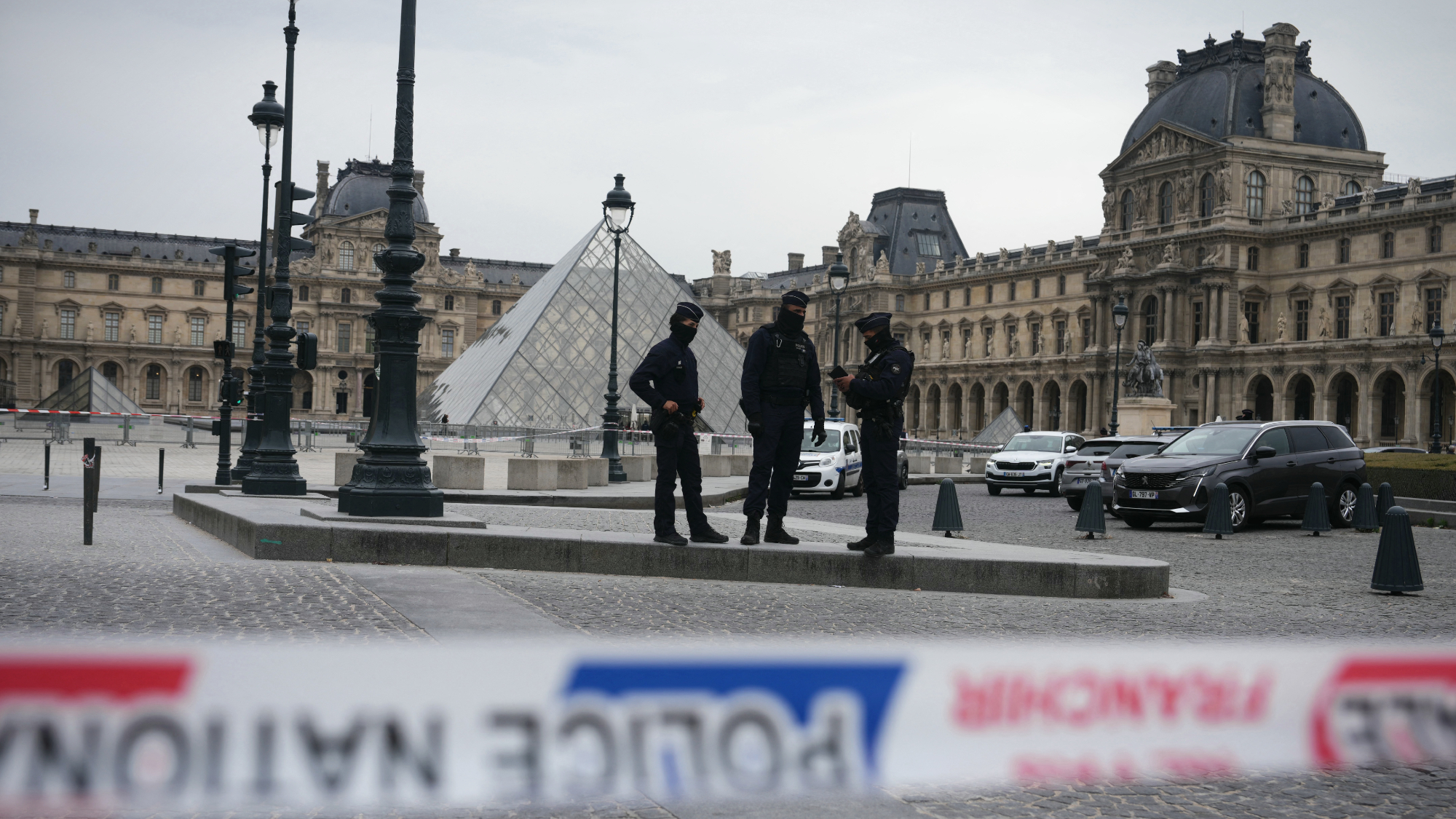 France makes first arrests in Louvre jewels heist
France makes first arrests in Louvre jewels heistSpeed Read Two suspects were arrested in connection with the daytime theft of royal jewels from the museum
-
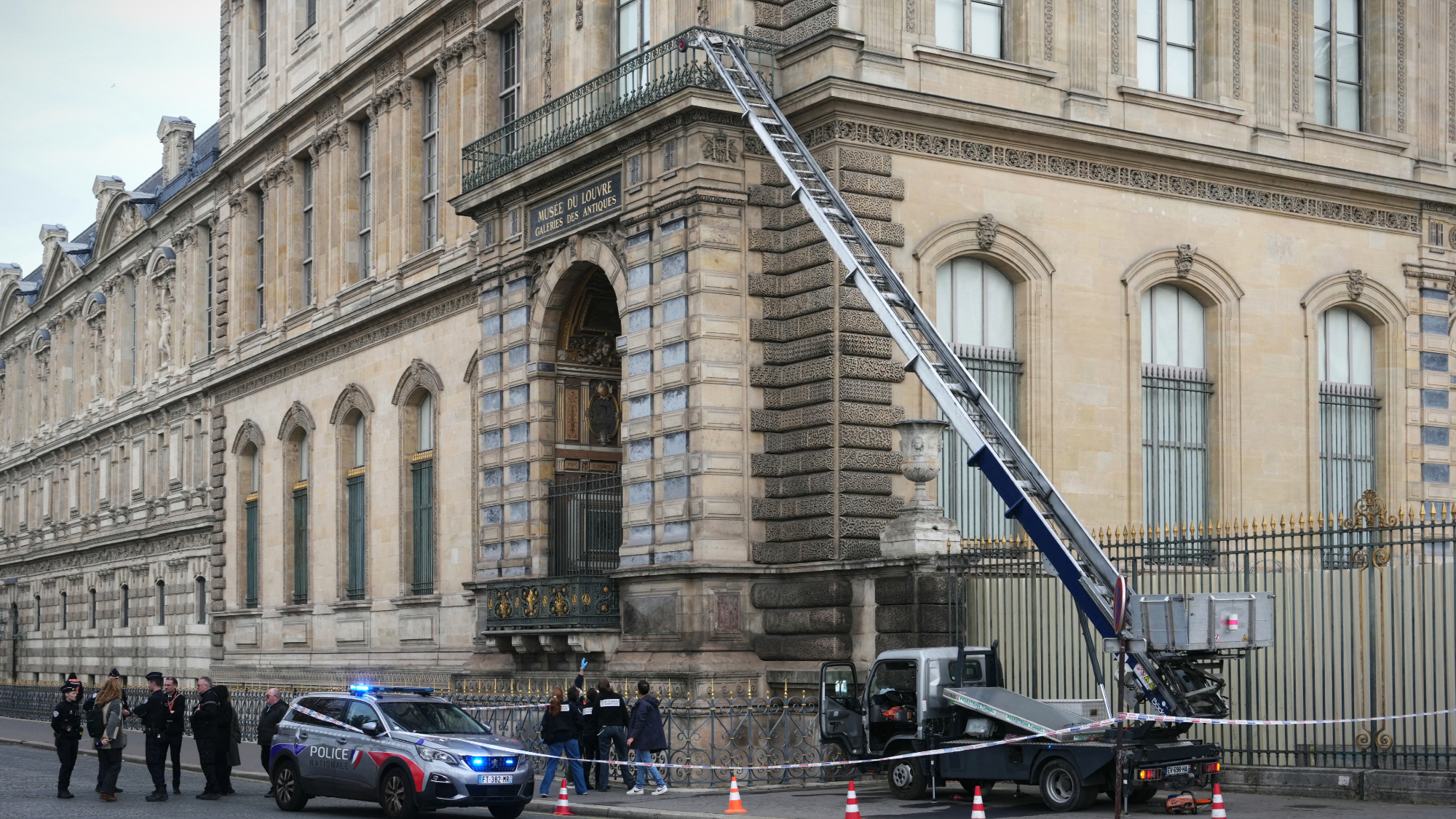 Thieves nab French crown jewels from Louvre
Thieves nab French crown jewels from LouvreSpeed Read A gang of thieves stole 19th century royal jewels from the Paris museum’s Galerie d’Apollon
-
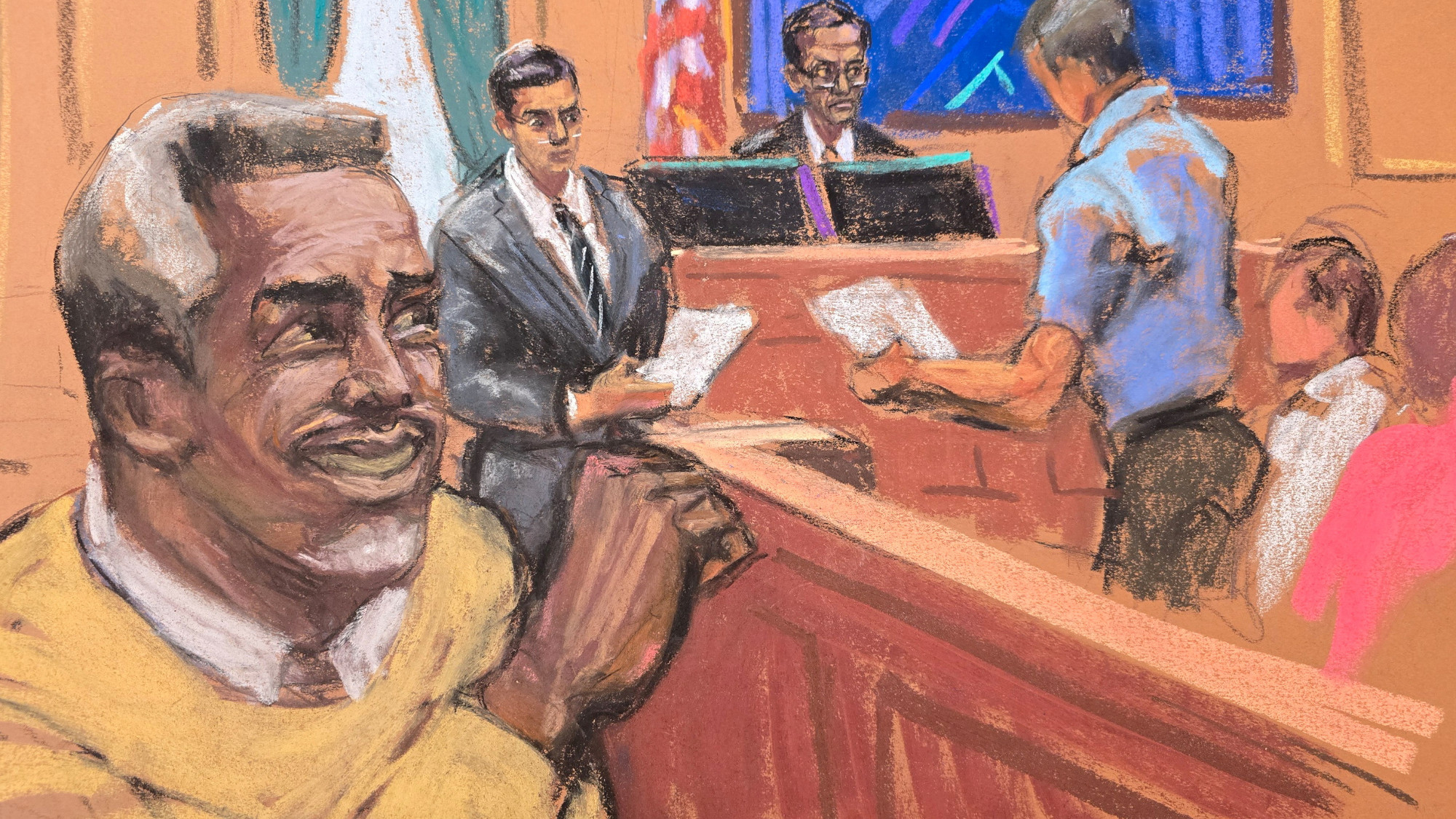 Diddy: An abuser who escaped justice?
Diddy: An abuser who escaped justice?Feature The jury cleared Sean Combs of major charges but found him guilty of lesser offenses
-
 The mystery of France's 'needle attacks' on women
The mystery of France's 'needle attacks' on womenIn the Spotlight Nearly 150 women reported being spiked with needles at France's open-air music festival